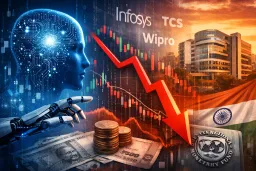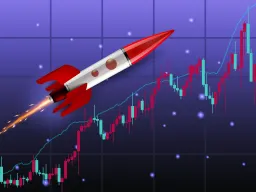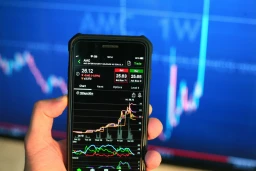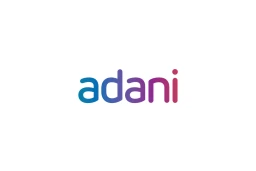Sensex and Nifty Trade Flat as Analysts Urge Caution Amid Global Uncertainty
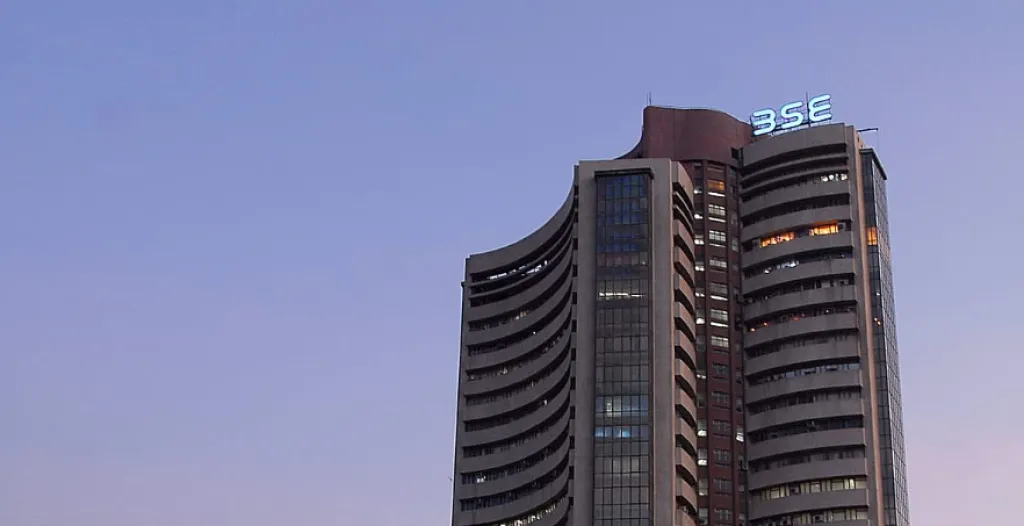
On November 19, 2025, the Indian equity markets opened on a muted note, reflecting a cautious sentiment among investors. The S&P BSE Sensex slipped 81 points to around 84,590, while the NSE Nifty50 fell by 32 points to approximately 25,880. This flat trade comes after a six-day winning streak in the Nifty, which ended amid a combination of weak global cues, nervousness over overheated AI valuations, and uncertainty over upcoming U.S. Federal Reserve decisions. Bank Nifty’s momentum cooled after recently hitting a fresh high of 59,103.
Analysts suggest that global market volatility and an emerging "anti-AI trade" theme are influencing market behavior. Investors remain wary of the possibility of a bubble in AI-related stocks, a concern also voiced by prominent technology leaders. Despite this, the Indian market has outperformed several regional peers recently and may continue to attract foreign portfolio investors if the correction in AI-heavy global stocks is orderly.
Market Outlook and Stock Recommendations
Market experts advise a defensive approach, recommending a preference for large-cap stocks which offer relative safety compared to stretched mid- and small-cap counters. Key support for the Nifty is seen around 25,740, with upside resistance near 26,100.
Stocks recommended for accumulation on dips include Bharti Airtel, Polycab, Sun Pharma, and Nykaa. Conversely, Bajaj Finance is eyed cautiously due to potential downside risks.
Alphabet CEO Sundar Pichai's AI Bubble Warning
Adding to market caution, Alphabet CEO Sundar Pichai has spoken publicly about the potential risks stemming from the rapid surge in AI investments. He cautioned that the current AI boom shares characteristics with past technology bubbles, highlighting "elements of irrationality" in AI stock valuations. Pichai emphasized that if an AI bubble bursts, no company even industry giants like Google would be immune from the fallout.
Besides valuation concerns, Pichai also raised environmental considerations, noting that AI development's enormous energy consumption might impact Alphabet’s climate commitments.
Despite these warnings, Pichai acknowledged that AI represents a transformative wave with ongoing large investments, including a £5 billion UK AI infrastructure initiative. The sector continues to evolve, and while valuation discipline is essential, the underlying technological progress could offer long-term growth.
Macro and Global Factors Influencing India’s Markets
The markets are also factoring in geopolitical and macroeconomic developments such as the nearing conclusion of an India-US trade agreement and a significant drop in India’s October inflation to 0.25%, which eases some pressure on monetary policy. However, global uncertainties, including ongoing foreign institutional investor selling and falling technology shares in the U.S., continue to weigh on investor sentiment.
In summary, as AI valuations face scrutiny and global markets exhibit caution, Indian investors are advised to stay defensive, favor large caps, and view dips as potential buying opportunities amid evolving macroeconomic conditions.
This article is for informational purposes only and does not constitute financial advice. Please consult a SEBI-registered financial advisor before making investment decisions.
